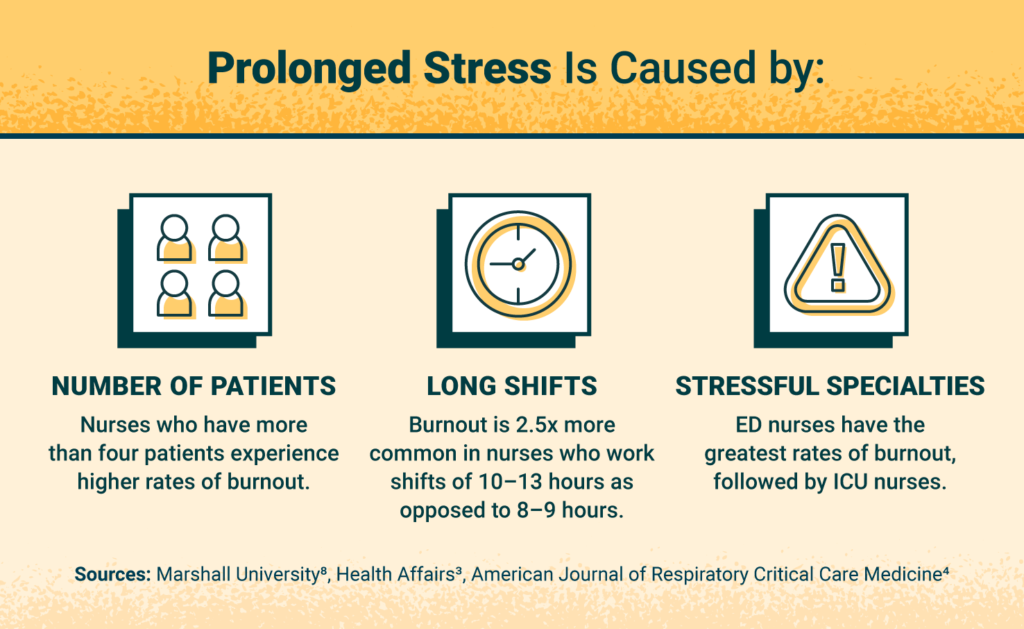



My Role in Shaping Healthcare Policies
As a nurse advocate, my primary responsibility is to continuously seek new ways to enhance the quality and affordability of healthcare services. Nurses work collaboratively with other healthcare professionals, directly engaging with patients, healthcare teams, and organizations. The Association of Public Health Nurses encourages us to advocate for healthcare policies and provides the necessary resources and opportunities to do so.

Understanding Burnout in Nurses
The shortage of nurse staff is a significant challenge worldwide. According to the WHO, there is a global shortage of over 4.3 million healthcare staff, which is expected to increase by 20% in the next 20 years. In the U.S., nurse burnout is a major cause of this shortage, with more than one-third of nurses experiencing high levels of emotional exhaustion, anxiety, stress, emotional-detachment, and chronic fatigue.
Causes and Consequences of Nurse Burnout
Nurse burnout is primarily caused by long working hours, night shifts, high-stress environments, and workplace tension. The consequences are severe, including higher rates of medication errors, increased patient mortality, dishonest clinical behaviors, insufficient patient care standards, and negative impacts on other staff.

Present Policy to Reduce Burnout
Currently, there are insufficient federal and state guidelines to address the rising burnout rates among nurses. Existing policies often require nurses to assess their own fitness levels and decide when to end their shifts, without considering their mental and emotional states. There is a pressing need for effective state policies to address these issues comprehensively.
A Policy Change Proposal
To effectively combat nurse burnout, we propose a comprehensive policy change that includes:
- Targeting Burnout from the Start:
- Implement wellness programs and behavioral change plans in nursing schools.
- Provide adequate training and resources for self-care and mental health.
- Organizational Support:
- Encourage healthcare organizations to view nurse burnout as a workplace and patient safety issue.
- Provide better management and incentives to support nurses.
- Promoting Resiliency and Teamwork:
- Foster a culture of self-care and collaboration among nurses.
- Encourage senior nurses to mentor younger colleagues.
- Provide training to all healthcare professionals to promote teamwork.
- Standardizing Metrics:
- Develop standardized metrics for measuring nurse burnout and job satisfaction.
- Streamline electronic health records to reduce administrative burdens.

Conclusion
Nurse burnout is a critical issue that requires immediate attention and action. By implementing these proposed policy changes, we can improve the well-being of nurses, enhance patient care, and ensure the sustainability of our healthcare system. Effective policies targeting burnout from the start of a nurse’s career and promoting resiliency at all levels are essential to address this growing concern.
Contact Us
For policy support or advocacy resources.







